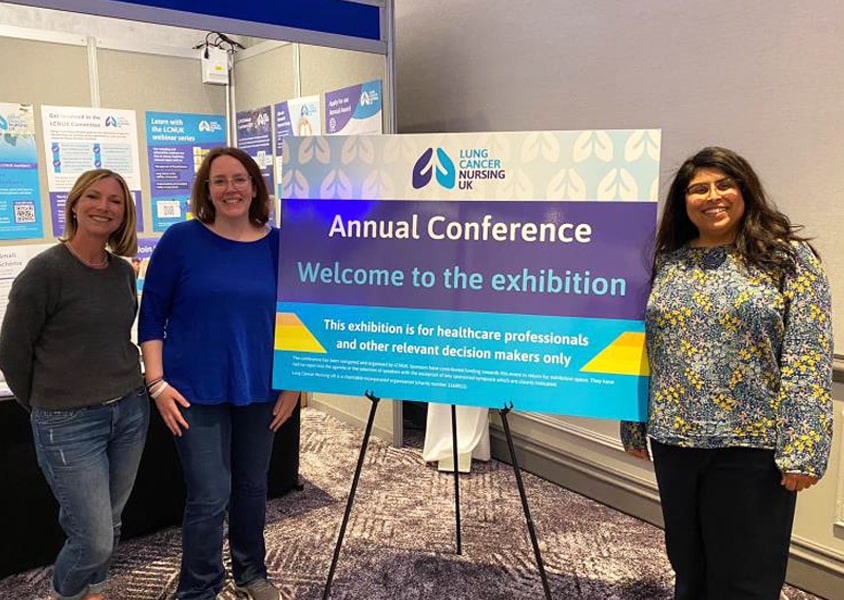

Ruth was a fit and healthy woman who had never smoked, so the diagnosis of stage IV lung cancer came as a terrible shock. Like many, Ruth was unaware of the prevalence of lung cancer in non-smokers.
The reality is that the number of people diagnosed in the UK each year with non-smoking lung cancers is on the rise. The diagnosis is more common in women – twice that of men, and the under 55s.
Only 1 in 20 of those diagnosed survive over 10 years.
If you have been diagnosed with non-smoking lung cancer, it will most likely have come as a tremendous shock. Although smoking cigarettes is the biggest cause of lung cancer, never smokers can get lung cancer too.
We hope that the information we have put together offers some insight into potential symptoms of non-smoking lung cancers, provides some basic education for HCPs and empowers patients to understand their diagnosis so that they can ensure they are getting the best possible treatment. Non-smoking lung cancers are not rare. It’s our mission to drive more research into this cancer and advocate for better patient outcomes.
Anyone who has smoked less than 100 cigarettes in their lifetime is considered a non-smoker
Alongside our friends at ALK+ UK and EGFR+ UK we are working hard to inform GPs and HCPs on the not-always obvious symptoms of this cancer, with the hope that patients are diagnosed sooner to ensure better treatment options and better outcomes.
Ruth strongly believed that by sharing knowledge, improvements in patient care and outcomes would be accelerated.
There is very little known about why non-smoking related lung cancers develop and there is a lack of co-ordinated funding to help progress research into causes, triggers and treatments.
We believe that joining up and sharing knowledge about non-smoking related lung cancers globally, including patient experiences, will help make those breakthroughs come sooner.
RSF has supported TracerX, a ground-breaking CRUK-funded lung cancer research programme. TracerX is learning more about why lung cancers develop and how to best treat them, including non-smoking lung cancers.
Our next steps are to facilitate non-smoking lung cancer workshops in the UK, bringing together global experts and researchers in lung cancer, to drive forward a strategy for how the world makes strides into better understanding non-smoking related lung cancers.
”“Non-smoking lung cancers can affect anyone at any age. The Ruth Strauss Foundation is focused on the need for more research & collaborative working so that we can better understand how to diagnose, treat and even cure non-smoking related lung cancers.”


Similar to symptoms in all types of cancer, non-smoking lung cancers can present with:
It’s important that even young non-smokers who develop a persistent cough get checked by a doctor. Early testing means early treatment which saves lives. Note that a cough is also a common symptom of COVID-19. It is still important to contact your GP if you have a new or worsening cough. They can speak to you over the phone or by a video call and can arrange for tests if required.
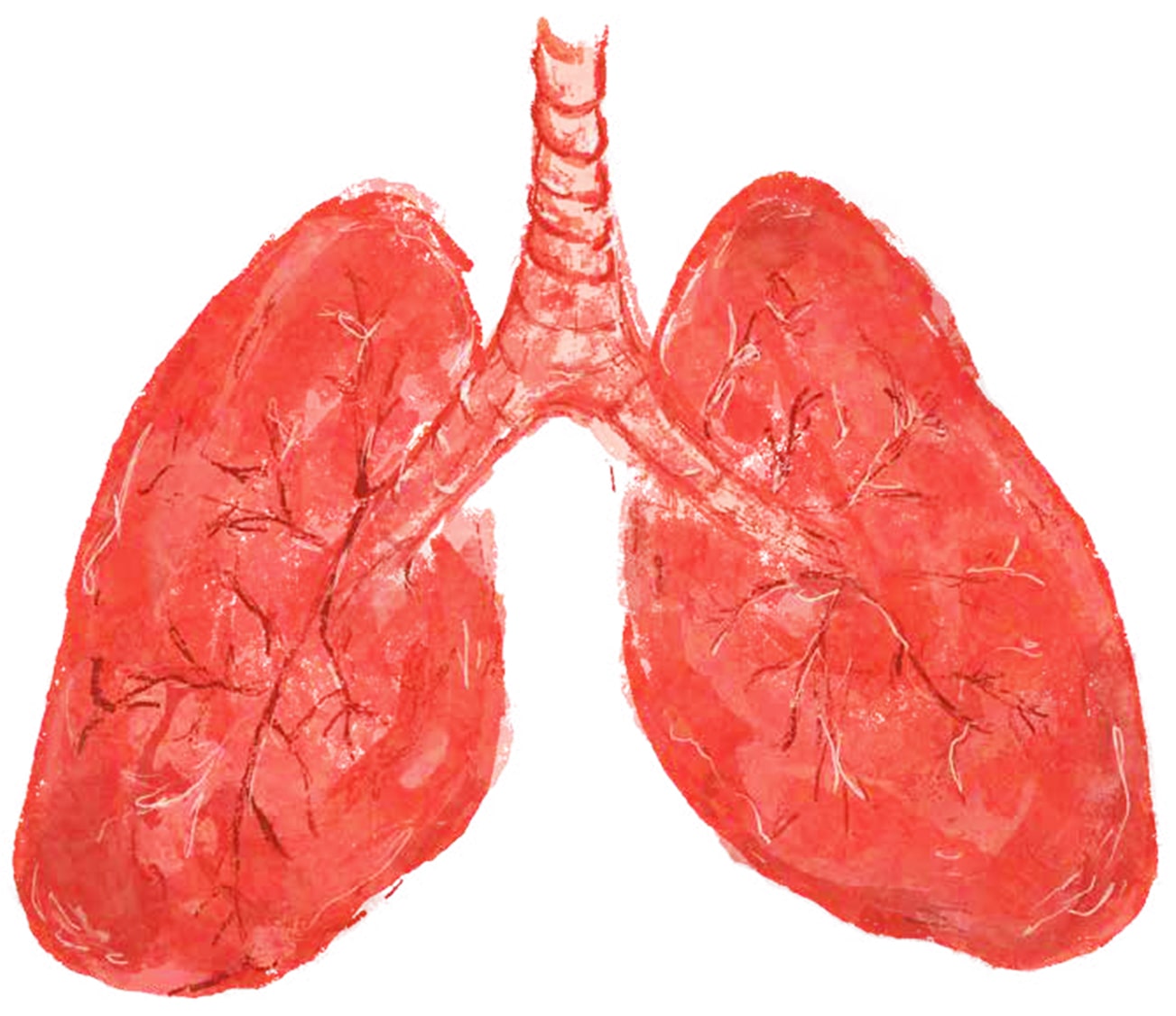
As part of our research mission, our Scientifc Advisory Group provide guidance and independent advice on matters related to the academic and medical fields of our projects, as well as advice on how to maximise their impact. We held our first Advisory Group meeting in January 2020, and are continuing to meet regularly. We are delighted to have the expertise of the following members of the Scientific Advisory Group, and would like to thank them all for their time and ongoing encouragement and support:
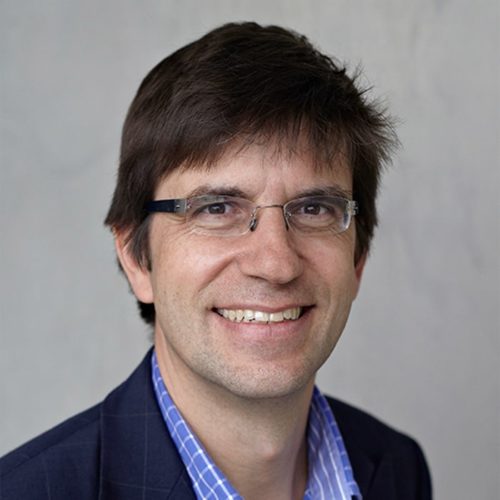
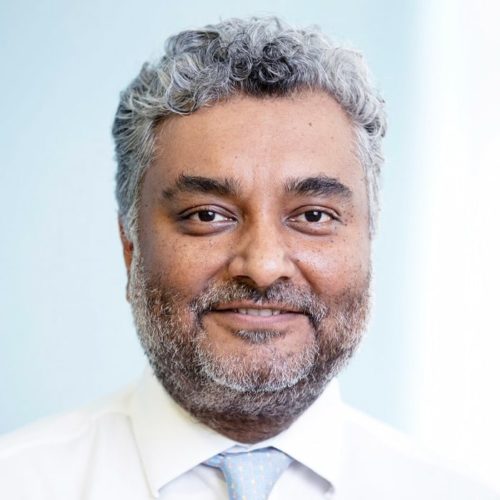
He has published in the fields of molecular genetics, therapeutic biomarkers, and medical oncology. He has been awarded nationally and internationally competitive prizes for his research, in addition to 4 research fellowships. His research interests include the development of novel drug strategies for the treatment of thoracic cancers through clinical trials, the identification of DNA variants that influence thoracic cancer development and their impact on clinical behaviour, as well as the identification of biomarkers predictive of therapeutic effect.
He is co-director for the NIHR London South Clinical Research Network (CRN) Cancer Division and Chair of Cancer for the West London Genomic Medicine Centre. He Chairs the British Thoracic Oncology Group (BTOG), and is past Chair of the UK NCRI Lung Cancer Clinical Studies Group (CSG) Advanced Disease Sub-group. He is active in the European Organization for Research and Treatment of Cancer (EORTC) Lung Group, the European Thoracic Oncology Platform (ETOP), and the International Thymic Malignancy Interest Group (ITMIG).
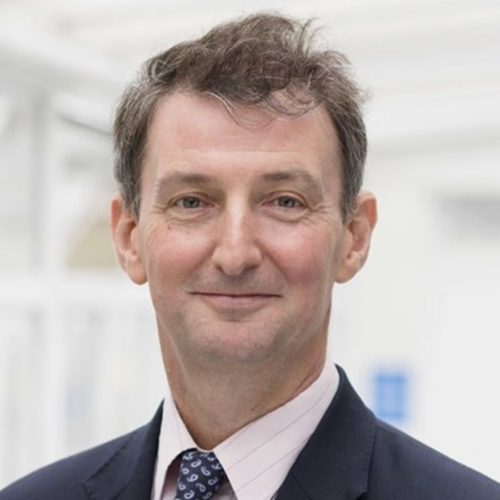
He is referred hundreds of cases each year for diagnosis from clinicians and other pathologists. He is a past chair of the International Association for the Study of Lung Cancer (IASLC) Pathology Committee, as well as a member of the IASLC Staging and Prognostic Factors Committee. He is President Elect of the British Division of the International Academy of Pathologists.
Andrew has co-authored over 400 peer-reviewed publications, co-authored Pathology of the Lung (2011), the AFIP Atlas, Tumors of the Lower Respiratory Tract (2019), and was a Volume Editor of the 2015 WHO classification of lung, pleura, thymus and heart tumours.
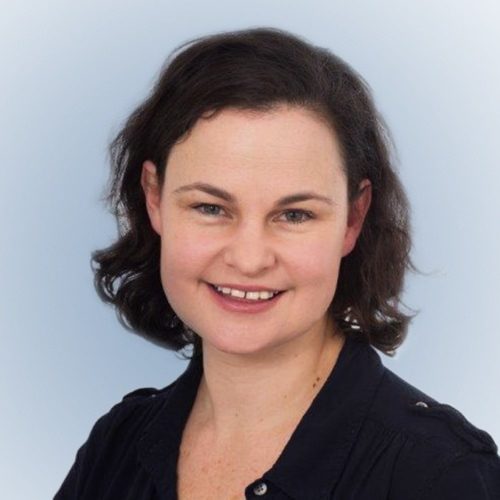
Sandra is involved in clinical and scientific research. In 2009 she won a career development award from Sarcoma Alliance For Research Through Collaboration (SARC) to identify new targets for treatment for sarcoma and led a number of national and international clinical trials that aim to improve outcome for patients with these rare cancers. Sandra is a translational research partner within a european collaboration for patients with Ewing sarcoma and in 2017 was appointed clinical lead for sarcoma and rare cancers for the Public Health England (PHE) National Cancer Registration and Analysis Service (NCRAS). She is also a member of the Sarcoma UK Research Advisory Committee and frequently reviews grant applications for charities.
“As Ruth’s sister-in-law I saw at close hand the devastating effects of her diagnosis. Ruth was truly remarkable for her frank and honest approach to dealing with her illness, her ability to make the most of each day she had and her selflessness in preparing those close to her for a future without her. As an oncologist, I understand the unmet need in providing support for young patients with incurable cancer, and the value in working together to accelerate research.
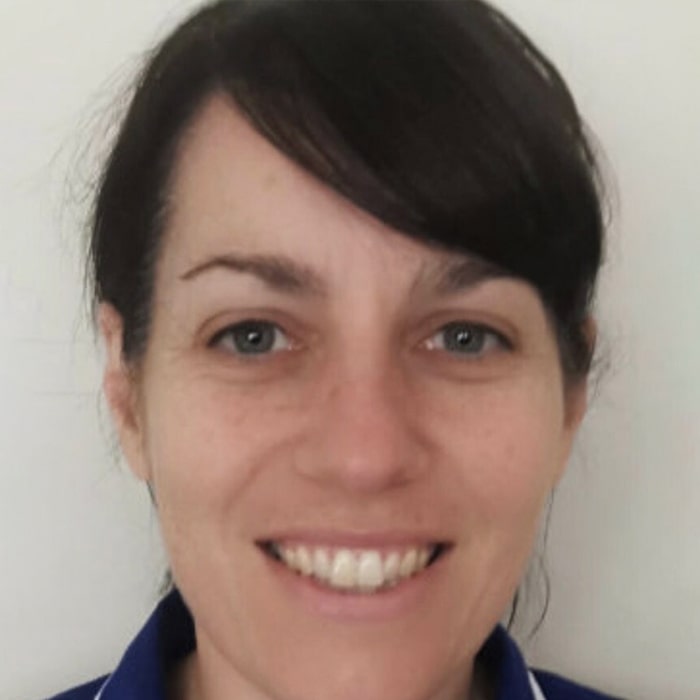
I work for the Newcastle upon Tyne Hospitals NHS Trust and feel privileged to work in the North East of England, where we have a wealth of experience and a lot of innovative and exceptional practice.
I am passionate about providing high quality care for patients and would welcome the opportunity to help shape lung cancer care at a national level. I have played a key role in improving the diagnostic pathway locally, both with the implementation of straight-to-CT and more recently the implementation of a nurse-led downgrade clinic to help reduce our pathway timings. I have led on audits within the Trust and have worked with other Trusts, sharing best practice to enhance patient care. I have also enjoyed being involved with research at a national level through the Lung Cancer Nursing UK workshops and have presented examples of my teams work at national conferences.
I am currently working as a clinical lead with the Getting It Right First Time (GIRFT) lung cancer work stream and feel this has been of huge benefit to me both personally and professionally.
This role has highlighted the incredible work that LCNS teams are doing locally and I believe LCNUK provides an accessible forum for the sharing of best practice so that nationally we can improve care for people affected by lung cancer. I would welcome the opportunity to be part of this committee and be a voice for the North East of England.
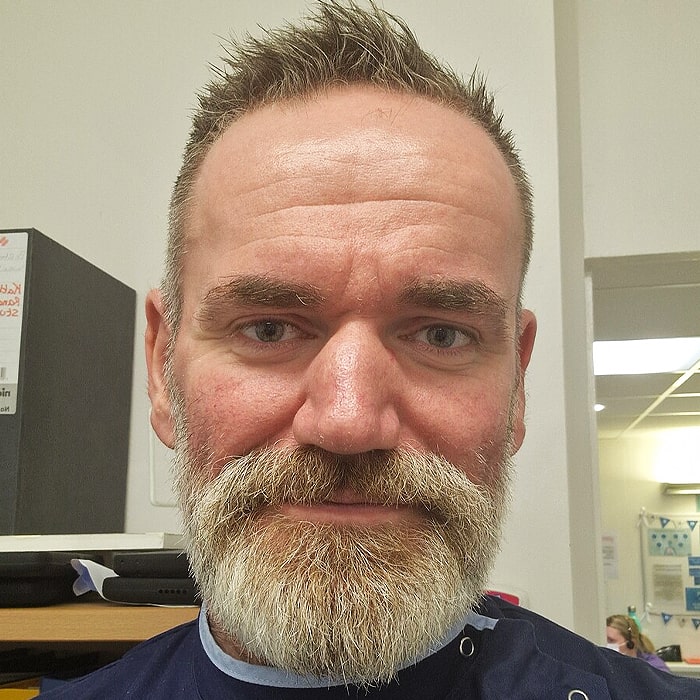
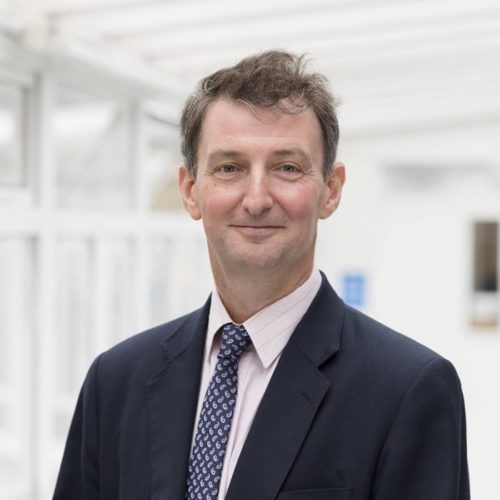
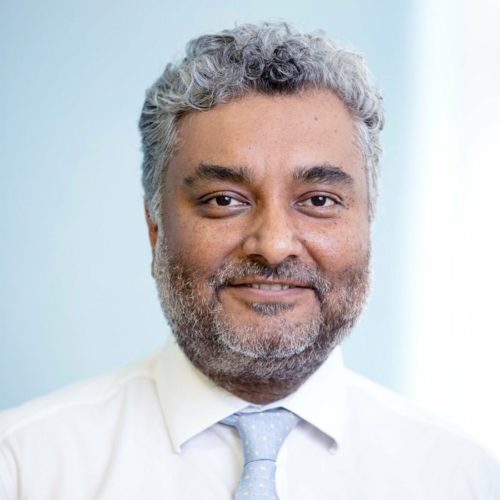
I work for the Newcastle upon Tyne Hospitals NHS Trust and feel privileged to work in the North East of England, where we have a wealth of experience and a lot of innovative and exceptional practice.
I am passionate about providing high quality care for patients and would welcome the opportunity to help shape lung cancer care at a national level. I have played a key role in improving the diagnostic pathway locally, both with the implementation of straight-to-CT and more recently the implementation of a nurse-led downgrade clinic to help reduce our pathway timings. I have led on audits within the Trust and have worked with other Trusts, sharing best practice to enhance patient care. I have also enjoyed being involved with research at a national level through the Lung Cancer Nursing UK workshops and have presented examples of my teams work at national conferences.
I am currently working as a clinical lead with the Getting It Right First Time (GIRFT) lung cancer work stream and feel this has been of huge benefit to me both personally and professionally.
This role has highlighted the incredible work that LCNS teams are doing locally and I believe LCNUK provides an accessible forum for the sharing of best practice so that nationally we can improve care for people affected by lung cancer. I would welcome the opportunity to be part of this committee and be a voice for the North East of England.


Your valuable donations will go towards vital support for families to help prepare for the death of a parent and raise much needed awareness of non-smoking lung cancers & the importance of its research.
Non-smoking lung cancers are on the rise, with a higher number of incidences amongst women. We are raising awareness of the importance of its research.
We believe that every family facing the death of a parent, should be offered professional emotional support to help prepare for their children’s futures.